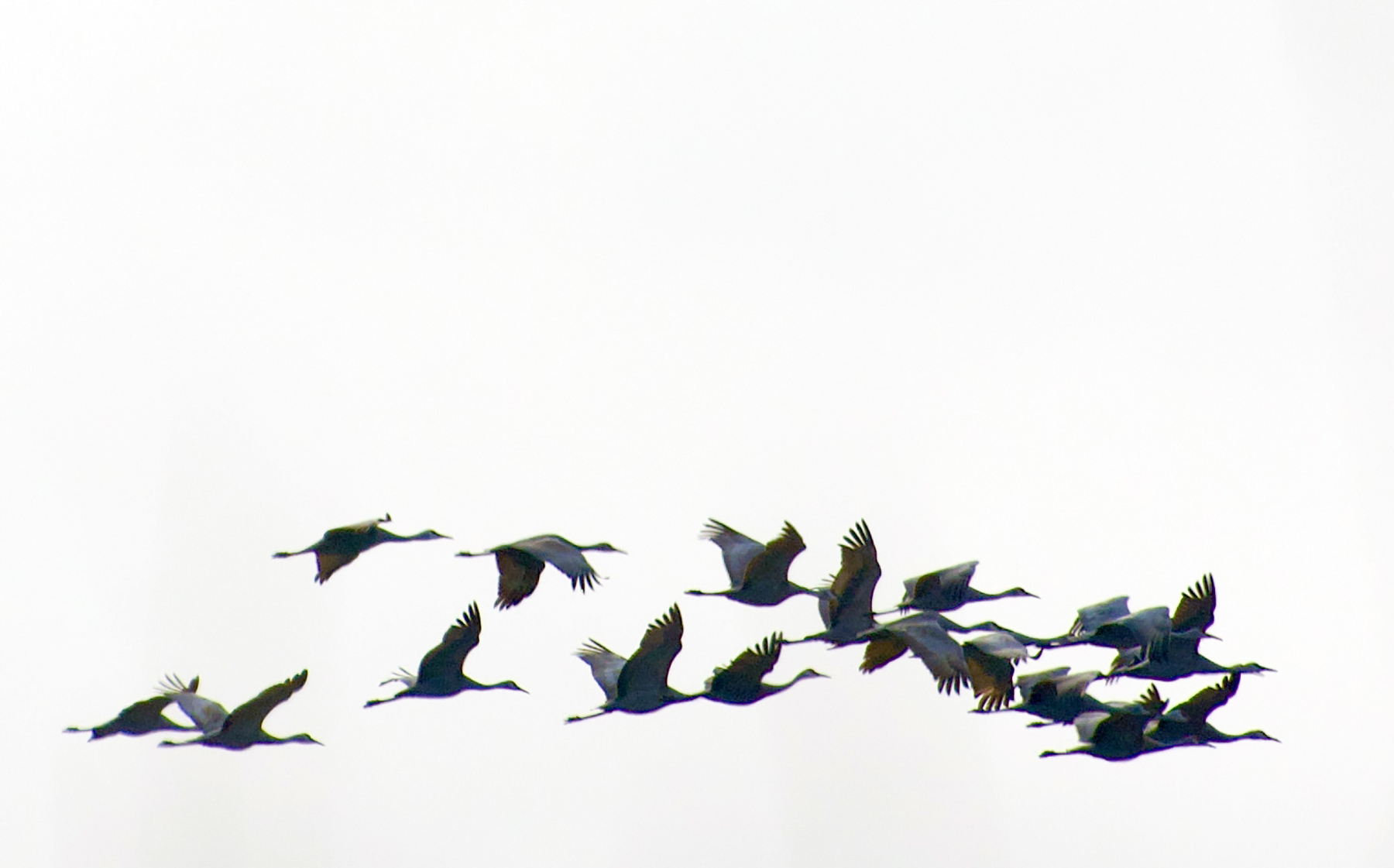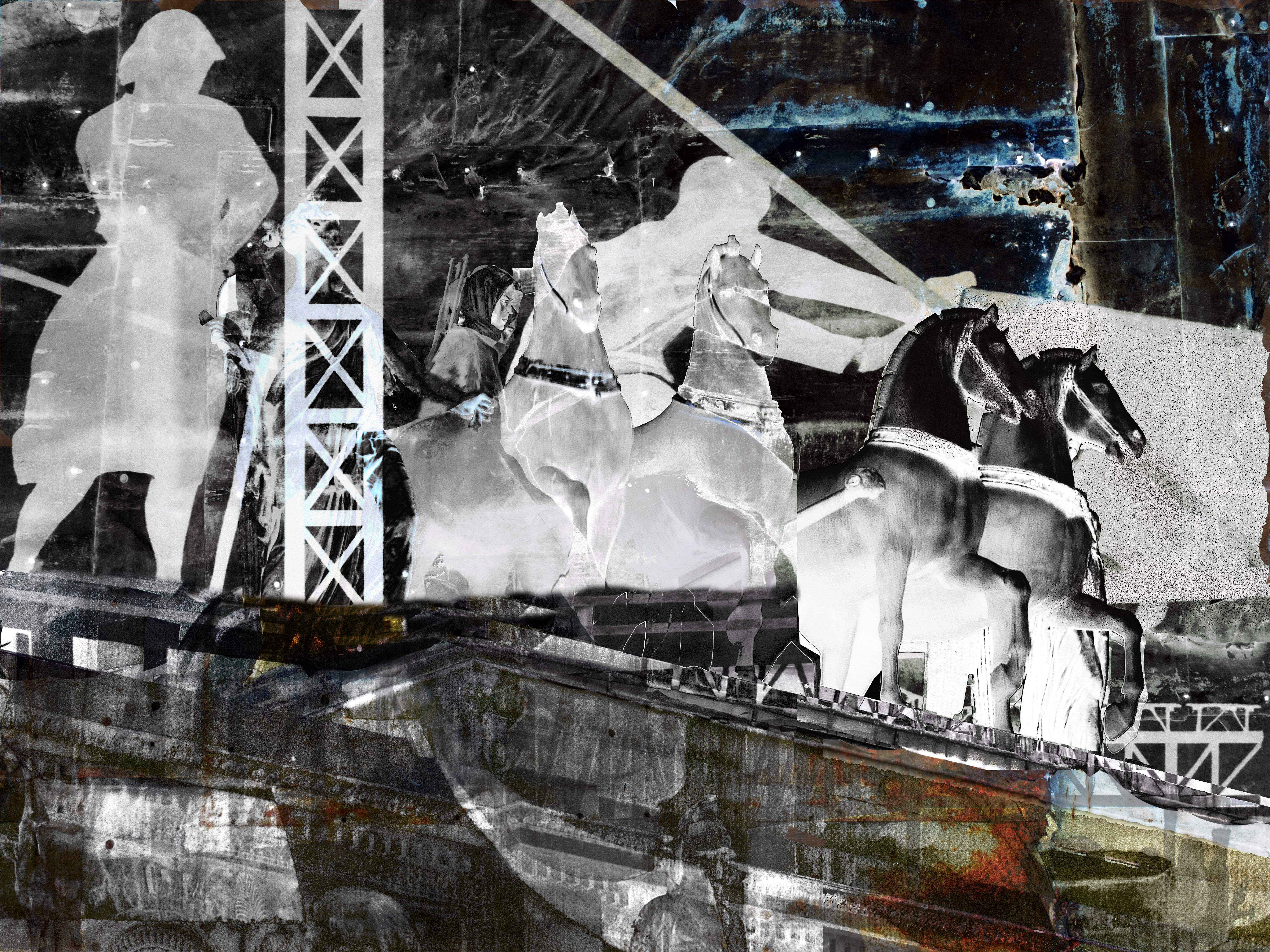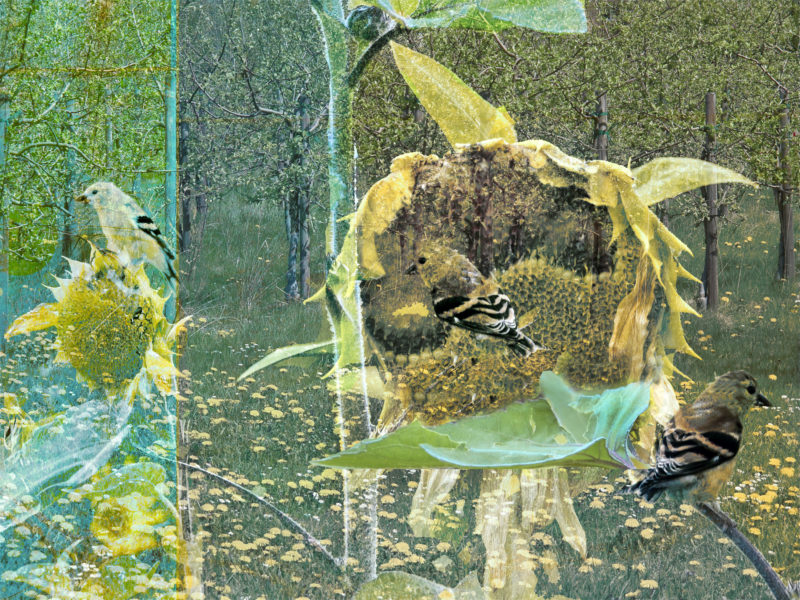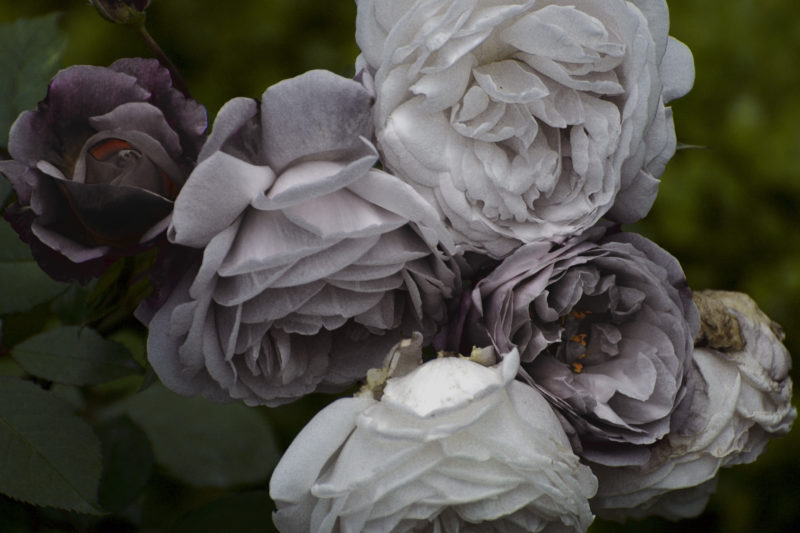Today’s post is dedicated to my grandfather Eduard (1894 – 1977) a musician, bird lover and gentle soul. His birthday was yesterday.

Buckle up folks, it’s going to be all over the map today.
It all started with a reminder notice that one of the strangest pieces of music, John Cage’s ORGAN2/ASLSP –As SLow aS Possible – was about to change to a different tone on February 5, 2022. The longest composition ever – duration 639 years, you read that right – started in 2001, with a seventeen month-long pause before the first tone of the organ, especially built for the performance of this piece, was to be heard. Here is a video clip that shows the special organ in a small church in Halberstadt, Germany.

One particular tone emanates continually, and is changed at irregular time intervals according to the composer’s instructions. (Here is a calendar that shows the me changes and tone variations.) The current sound will last 2 years. This announcement had me wonder:

Honestly, I could not tell if this was meant seriously or ironically – probably a combination of my addled brain and being German. But be that as it may, it reminded me of a dominant topic in my current conversations. How is our sense of time shaped by the pandemic, the isolation, the sameness of the days and, admittedly, by aging?




Snowgeese from other years
Cage’s composition was not the only reminder of the languid, unending spread of hours and days that I – many of us – feel, like time stalling. (This stands, of course, in extreme contrast to young families for whom the double burden of professional work and unrelieved childcare at home leads to a sense of having not enough time ever, time on 3x speed fast forward.)
One of the best cinematic experiences I’ve had in these last months also managed to capture a sense of time that is altered, aided by the elongated storytelling formats of TV series—those time-indulgent, episodic ways to weave a tale, unhurried by a two-hour time limit of movies. And no one knows how to unfold a plot in slow-mo better than the modern Korean film makers.




Steller’s Jay yesterday – Grey herons from other years
In Beyond Evil (directed by Shim Na-yeon, available on Netflix) it’s not just about the tempo of the narrative, though. Time itself seems to stand still in a small town haunted by age-old murders and secrets, with an unlikely coupling of 2 unmatched policemen churning the dregs and bringing new sorrow. It is not a serial murder case in the traditional sense, but rather a psychological study of a variety of characters stuck in time as flies are on those strips hanging in country kitchens. The protagonists are honing their compulsions, tending to their losses, and deciding what to sacrifice to remain on the ethical side of things. I know, does not sound enticing, but honestly, it was brilliant.




Sandhill cranes from other years
So, I thought, perhaps we should delve into the scientific psychology of time perception, since a lot of research has happened in the field lately. Nah, you can read up on it here. I much rather learn from poets than deal with my own field today.



Both of the poems below managed to drag me away from moping about the altered sense of time’s passing, the feeling of being hermetically closed off from a perception of forward movement. They helped me, pushed me towards remembering what I sort of know but always forget: what matters is attention to the moment, the noticing and processing of what is afforded to you by grace of nature or the kindness of others or the tasks that give you pleasure or a sense of having something gotten done or the simple acknowledgment you’re still functioning reasonably.




Baldies from other years
With Forever- is composed of Nows – Emily Dickinson celebrates recurrence, sameness, un-differentiation, all the while she spent her life in something akin to self-imposed lockdown.


Seems like good advice. I figured I’d drag a series of “nows” out of the archives, selecting samples of the last 5 years of early February photographs all taken without travel, in my immediate vicinity (2021 excluded since it was spent in hospital…) The same ducks and geese, sandhill cranes and variety of raptors, the same small folk and an occasional outlier (elk!) thrown in – a forever of joy from repeat excursions, the last one just yesterday afternoon. It helps to live in Oregon, one of the most beautiful places imaginable.

Elk from other years

You can slow down time as much as you want, if you ask me, if it still contains the possibility of momentary encounters, anchoring us in the NOW. Even robins, bushtits, woodpeckers and sparrows in the yard suffice.



Robin and Bushtit from other years
Forever – is composed of Nows –
Forever – is composed of Nows –
‘Tis not a different time –
Except for Infiniteness –
And Latitude of Home –
From this – experienced Here –
Remove the Dates – to These –
Let Months dissolve in further Months –
And Years – exhale in Years –
Without Debate – or Pause –
Or Celebrated Days –
No different Our Years would be
From Anno Dominies –


With Clocks, Carl Sandburg extends a warning that a focus on the measurement of time can distract us from using or enjoying the one we still have, since we don’t know when time will be cut short for good. Don’t focus on the perception of passage then, but what you can do to fill time with. (Never mind that that opens another problem set during a pandemic…)
Clocks
HERE is a face that says half-past seven the same way whether a murder or a wedding goes on, whether a funeral or a picnic crowd passes.
A tall one I know at the end of a hallway broods in shadows and is watching booze eat out the insides of the man of the house; it has seen five hopes go in five years: one woman, one child, and three dreams.
A little one carried in a leather box by an actress rides with her to hotels and is under her pillow in a sleeping-car between one-night stands.
One hoists a phiz over a railroad station; it points numbers to people a quarter-mile away who believe it when other clocks fail.
And of course … there are wrist watches over the pulses of airmen eager to go to France…



Sparrows from other years
And for good measure, let’s throw in the advice of Vietnamese Buddhist master Thich Nhat Hanh who died last month:
“While washing the dishes one should only be washing the dishes, which means that while washing the dishes one should be completely aware of the fact that one is washing the dishes.” Why? If we are thinking about the past or future, “we are not alive during the time we are washing the dishes.” (from The Miracle of Mindfulness.)
Told you, it would be all over the map. Off to wash the dishes now.

Sandhill from yesterday. Music today in honor of my Opa who played the stand-up bass in a small-town orchestra named Fidelio. Here is a creative – and timely – version by the Washington National Opera of Beethoven’s Fidelio, with an explanation of how the new version came to be. Fidelio is a story of hope and resilience, a more desirable focus than speed of time…..























 Last Sunday the entire grandiose Catalogue of Birds by Messiaen was played across different places in nature during the course of a day into the night. Starting with a walk at dawn to hear the real birds, the concert commenced among the reeds. At night it finished fittingly in a hall, performing the calls of the night owl. Luckily all this happened in England, at the Aldeburgh Festival last week, so I didn’t have to stay up late, which is harder for me than to get up early. Wouldn’t have liked to miss the owl. Unluckily, this seems like an event of a lifetime, organized with British precision, stamina and a sense of adventure, shuttling the audience from one spot to another, an experience I would have relished. The festival director, Pierre-Laurent Aimard, was also the pianist, playing, as you can see in the clip below, with hand warmers in the dawn!
Last Sunday the entire grandiose Catalogue of Birds by Messiaen was played across different places in nature during the course of a day into the night. Starting with a walk at dawn to hear the real birds, the concert commenced among the reeds. At night it finished fittingly in a hall, performing the calls of the night owl. Luckily all this happened in England, at the Aldeburgh Festival last week, so I didn’t have to stay up late, which is harder for me than to get up early. Wouldn’t have liked to miss the owl. Unluckily, this seems like an event of a lifetime, organized with British precision, stamina and a sense of adventure, shuttling the audience from one spot to another, an experience I would have relished. The festival director, Pierre-Laurent Aimard, was also the pianist, playing, as you can see in the clip below, with hand warmers in the dawn! 






 Maestro della Madonna Strauss, Annunciation, ca. 1390
Maestro della Madonna Strauss, Annunciation, ca. 1390